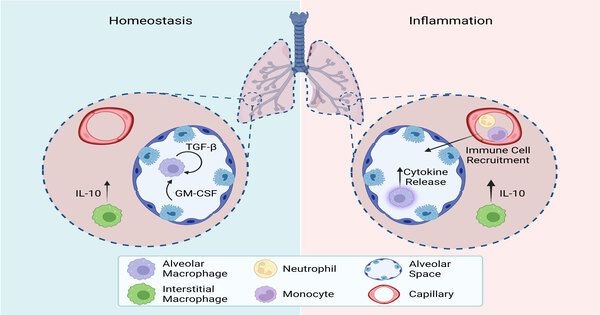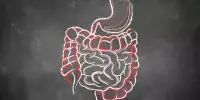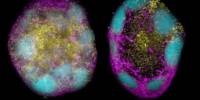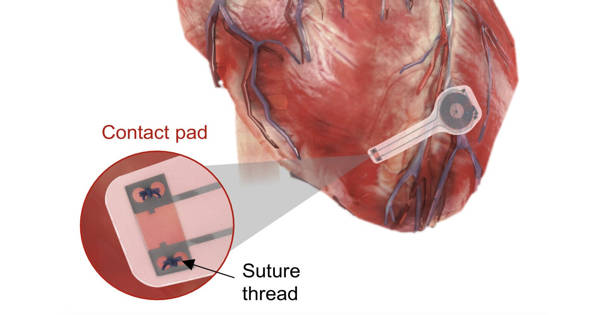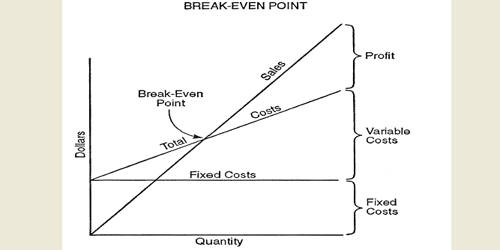Researchers at Osaka University discovered that liver resident macrophages play an important role in protecting against gut bacteria and associated chemicals entering the portal vein, especially when the intestinal barrier is impaired. Known as “sentinel macrophages,” they are activated by isoallo-lithocholic acid.
This finding holds potential for developing preventative and therapeutic strategies for liver chronic inflammatory illnesses, such as metabolic dysfunction-associated steatohepatitis (MASH), by improving macrophage activity to reduce inflammation and increase treatment efficacy.
The liver and intestines are directly connected via the portal vein, a blood vessel that transports nutrients absorbed in the intestines directly to the liver. The intestines harbor numerous gut bacteria, and sometimes these bacteria and their related substances can enter the liver through the portal vein.
Our technology showed that these ‘sentinel macrophages’ play a crucial role in protecting the liver from inflammation caused by intestinal bacteria and related substances.
Dr. Miyamoto
This is especially problematic when the intestinal barrier is damaged, as in ulcerative colitis or leaky gut syndrome, which allows a large number of gut bacteria and associated chemicals to enter the liver. Under normal circumstances, the liver’s immune system can protect against invading gut bacteria and associated chemicals, preventing inflammation, but the exact method is unknown.
A research group led by Yu Miyamoto and Masaru Ishii at Osaka University’s Graduate School of Medicine discovered that certain resident macrophages near the liver’s entrance protect it against intestinal bacteria and related substances using cutting-edge technologies such as in vivo imaging of the liver and analysis of single-cell gene expression while preserving tissue locational information.
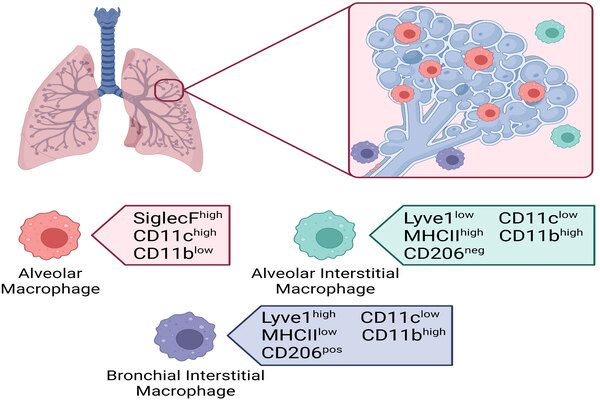
Their findings are illustrated in Figure 1. Dr. Miyamoto, a lead author of the study, explained, “Our technology showed that these ‘sentinel macrophages’ play a crucial role in protecting the liver from inflammation caused by intestinal bacteria and related substances.” Additionally, the study found that isoallo-lithocholic acid (isoallo-LCA), a secondary bile acid produced by some gut bacteria, trigger the activation of these sentinel macrophages.
With the growth of illnesses such as leaky gut caused by modern lifestyles (stress, high-fat diets, and a lack of exercise), there is growing concern about inflammation impacting multiple organs, including the liver. Metabolic dysfunction-associated steatohepatitis (MASH), which is frequently accompanied with leaky gut, has been particularly worrying due to its increasing prevalence and difficult management.
This study offered information on how liver sentinel macrophages guard against gut commensal invaders, raising the prospect that improving their capabilities could lead to the development of new preventive and therapeutic techniques for liver chronic inflammatory diseases, including MASH.
